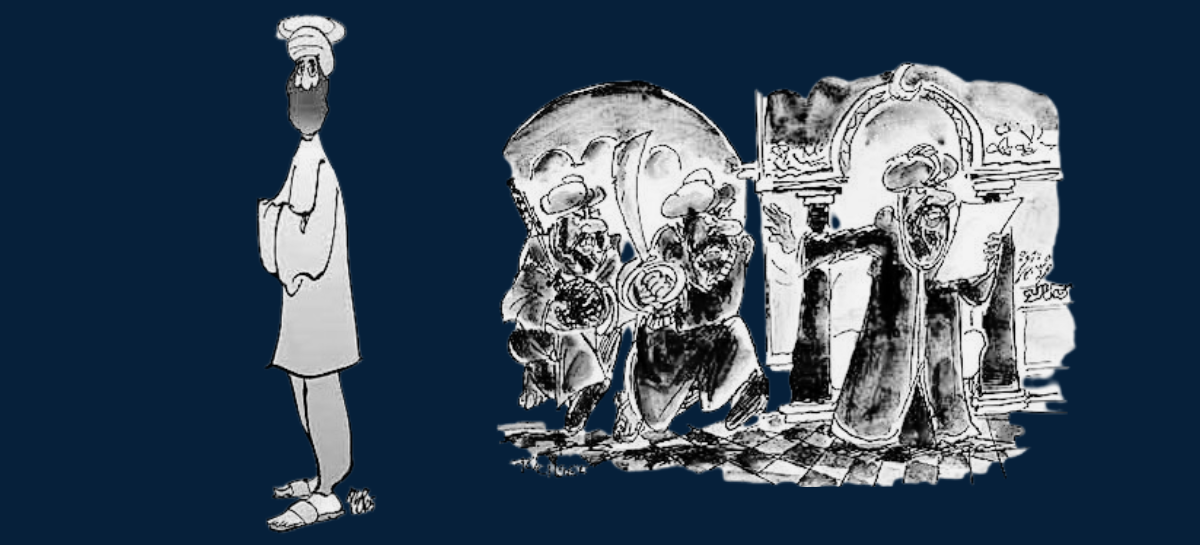
By Jacob Mchangama
Growing up in Denmark in the early 2000s, I rarely worried about my right to free speech. In this cozy haven of liberal values and secular democracy, speaking freely felt as natural as breathing. Few contested this state of affairs, least of all religious groups, whose influence had long since faded.
That outlook changed twenty years ago today. On September 30, 2005, the Danish newspaper Jyllands-Posten published an editorial titled “The Face of Muhammad,” accompanied by 12 cartoons, some of which depicted the Prophet Muhammad. The publication set off a global firestorm and turned criticism of Islam into a minefield that remains deadly to traverse even in open societies. And rather than defending the principle at stake, European democracies are increasingly choosing appeasement—trading away free speech for the promise of a precarious peace.
The latest example comes from London. In June, Turkish immigrant Hamit Coskun was fined £240 for a religiously aggravated public order offence after burning a Quran and shouting profanities against Islam outside the Turkish consulate. Coskun insisted his protest was aimed at Turkish President Recep Tayyip Erdoğan’s authoritarian Islamism. But the presiding judge ruled that Coskun was “motivated (wholly or partly) by hostility” toward Muslims, and deemed his conduct disorderly—citing, as evidence, that he was physically attacked by two bystanders. In other words, the violent reaction to his peaceful protest was the basis for the criminal charge.
The case became more troubling still last week, when the man who assaulted Coskun with a knife was spared jail, with the judge noting that the assailant felt “deeply offended” as a mitigating circumstance. The asymmetry is glaring: the protester is punished for offending sensibilities, while those who turned to violence avoid serious consequences. This is appeasement in practice—embedding a “Jihadists’ Veto” into law and precedent, and ensuring that intimidation pays.
Read MoreJacob Mchangama is the Founder and Executive Director of The Future of Free Speech. He is also a research professor at Vanderbilt University and a Senior Fellow at The Foundation for Individual Rights and Expression (FIRE).

